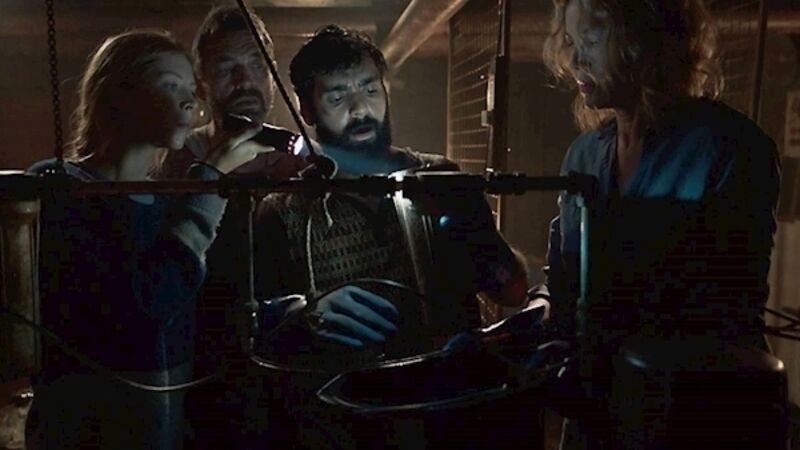Irish director sweating on the fate of Sea Fever

An Irish director tells about the double-edged sword of releasing a film with the topical tale of a ship’s crew who get a strange virus
Over a year ago Neasa Hardiman shot her debut feature in Ireland. Sea Fever tells of a crew who battle for their lives as they succumb to a strange infection. At one point, they are urged to self isolate to save it reaching the larger population.








